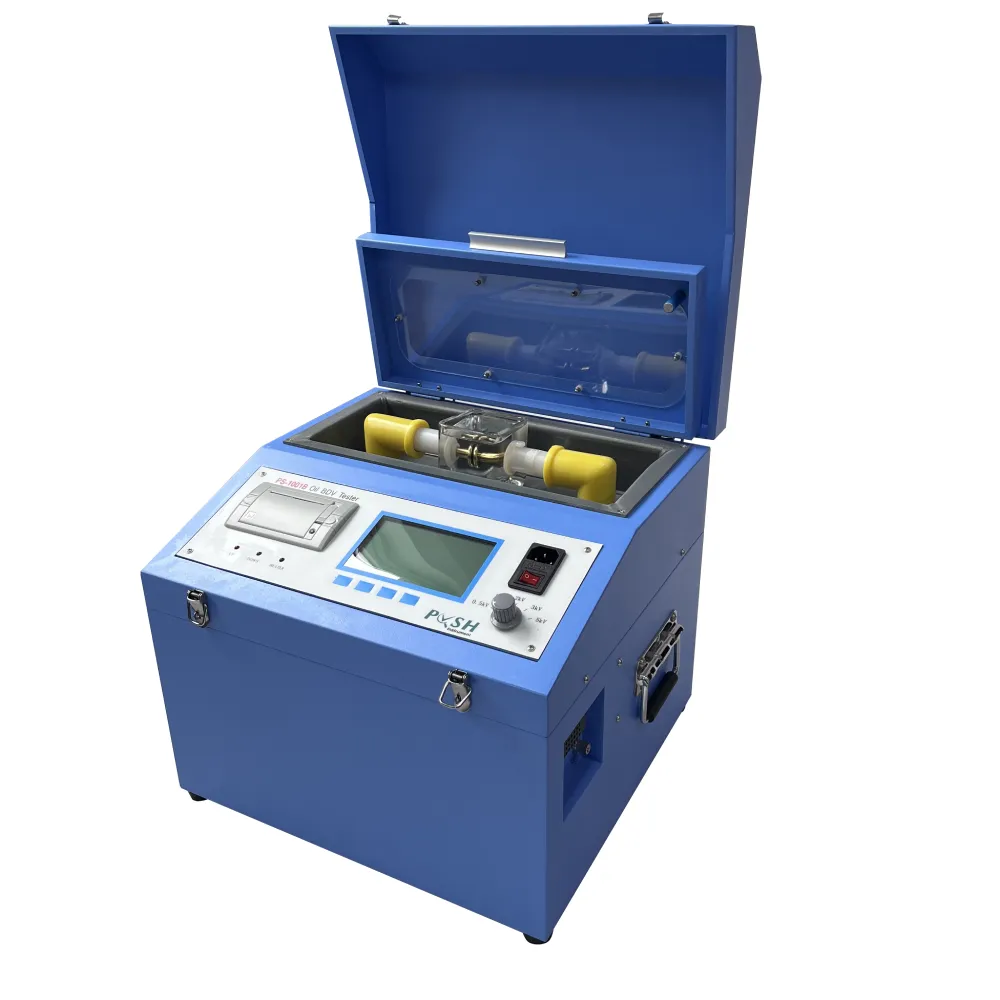 English
English


Advancements in Titration Instruments for Enhanced Accuracy and Efficiency in Laboratory Analysis
The Importance of Titration Instruments in Analytical Chemistry
Titration is a fundamental technique in analytical chemistry used to determine the concentration of an unknown solution by reacting it with a reagent of known concentration
. This method relies heavily on precise measurements and controlled reactions, making titration instruments essential for accurate results.One of the most commonly used titration instruments is the burette. A burette is a long, graduated glass tube equipped with a stopcock at the bottom, allowing for the controlled release of a titrant solution. The precision of the burette is paramount, as even minor discrepancies in volume can lead to significant errors in determining concentration. Modern burettes often come with digital displays that provide real-time readings, enhancing both accuracy and ease of use.
Another critical instrument in titration is the pH meter. This electronic device measures the acidity or alkalinity of a solution, providing invaluable information during acid-base titrations. The pH meter helps identify the endpoint of a titration with greater precision than traditional indicator dyes, which can sometimes yield ambiguous results. With advancements in technology, modern pH meters offer features such as automatic temperature compensation and data logging, facilitating a more streamlined titration process.
titration instruments

Additionally, automated titrators have revolutionized the field of titration. These instruments can perform titrations without the need for constant human oversight, thus minimizing human error. Automated titrators not only improve efficiency but also enhance reproducibility, making them particularly useful in laboratories with high sample throughput. They often integrate software that can analyze results in real time, allowing for immediate adjustments to the titration procedure as necessary.
When conducting titrations, having the right supplementary tools is equally important. Magnetic stirrers help maintain a uniform solution during the titration process, while analytical balances ensure precise measurements of solid reagents. Compounds or indicators commonly used in titrations must also be of high purity to avoid skewing results.
In conclusion, titration instruments play a crucial role in the field of analytical chemistry. Their precision, reliability, and advances in automation greatly contribute to the accuracy of titrations, which are fundamental in various applications – from pharmaceutical quality control to environmental monitoring. Continued innovations in titration technology promise to enhance these processes even further, ensuring that they remain a cornerstone of chemical analysis.
-
Differences between open cup flash point tester and closed cup flash point testerNewsOct.31,2024
-
The Reliable Load Tap ChangerNewsOct.23,2024
-
The Essential Guide to Hipot TestersNewsOct.23,2024
-
The Digital Insulation TesterNewsOct.23,2024
-
The Best Earth Loop Impedance Tester for SaleNewsOct.23,2024
-
Tan Delta Tester--The Essential Tool for Electrical Insulation TestingNewsOct.23,2024





